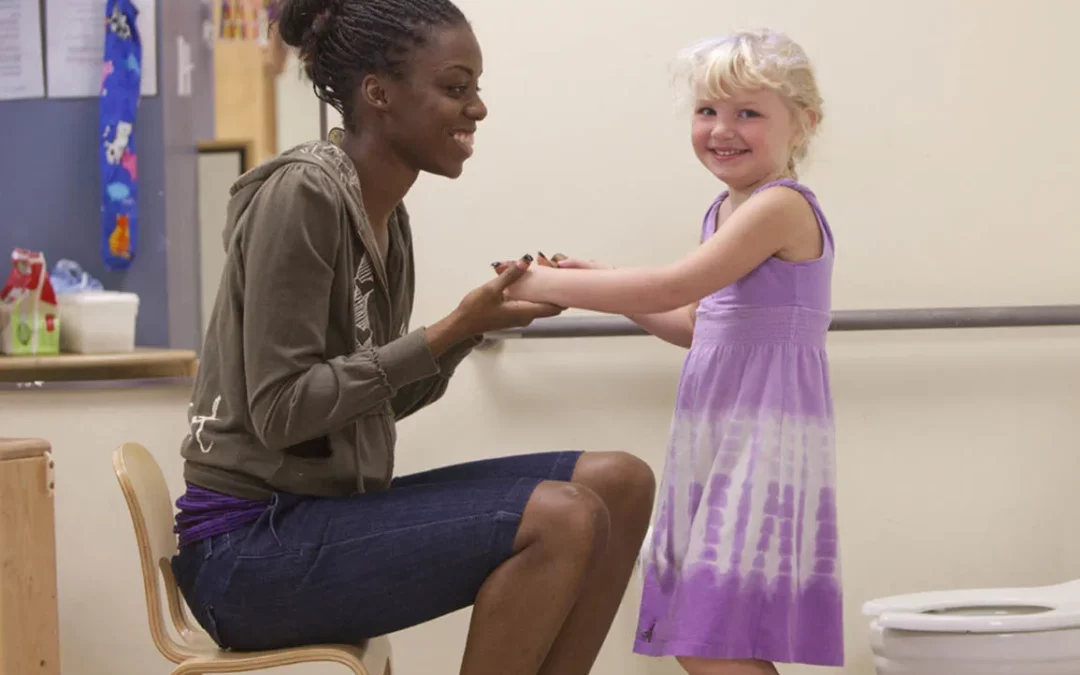Bedwetting & Pediatric Incontinence
Bedwetting is a common issue.
Typically, bedwetting is caused by constipation and/or dysfunction of the pelvic floor muscles which can often lead to daytime incontinence.
And while many children experience bedwetting or incontinence, it’s something that isn’t often discussed outside of the family circle. This can create a very isolating experience — leading to feelings of frustration, shame, and defiance for family members.
As parents, we do our best. We love our children, we care for them, and provide a safe space for them to grow and develop. But we’re all human and it’s easy to become frustrated with having to wash sheets night after night.
It’s easy to become short-tempered. Especially when we constantly need to tell our child to use the bathroom, or change out of soiled clothing.
And it’s not uncommon to feel discouraged, with a sense of hopelessness on how to improve the symptoms and help our child in this situation.
Also, it doesn’t just affect the child with the incontinence issue. Sibling relationships can become fractured. There is often a sense of comparison between siblings, which can lead to feelings of shame.
Then as children get older, there’s a new layer of stress with invitations to sleepovers or camps. And how the child and family navigate the issue of keeping the bedwetting a secret from peers. Many children and families simply avoid those typical childhood experiences, which leads to isolation and limited social activities.
And if a child is having urinary or stool leaks during the day at school, this can cause them embarrassment. And can sometimes even result in extreme dysregulation and behaviors.
How to Help
In our program at Beyond Boundaries, our team of therapists have the pleasure of supporting many families in our community as they go through this journey.
We see many different dynamics in our sessions, ranging from tears of sadness, hopelessness, or frustration, to more of a tense relationship between children and caregivers.
But, as we move through the program teaching both the child and caregiver tools for success, we see a significant improvement in the child’s self-esteem and confidence. Along with a healthier relationship between the family members.
If your child is experiencing bedwetting, urinary accidents or stool leaks, there are ways to help.
Specific Ways to Support Your Child with Accidents
- Refer to “accidents” as “leaks.” We want to let children know that what they are doing is not their fault. By using the word “leak,” we are placing responsibility on the bladder, bowels, and pelvic floor muscles.
- Keep calm and potty on! It is very easy to become discouraged and impatient with soiled underwear and endless laundry. Remaining calm while providing verbal reassurance such as, “It’s okay that the leak happened, your body is still learning,” will decrease any sense of shame and embarrassment that your child might be experiencing. This will also build trust, so that they don’t feel the need to hide a leak in the future.
- If your child is experiencing leaks at school, be open and honest with the teacher. Make a plan so that your child is able to feel successful and be able to avoid any moments of embarrassment with peers. Additionally, if they are at the age of going to sleepovers, have a conversation with the other parent and again, make a plan so that the child feels successful and is still able to enjoy time with friends.
We know that symptoms of incontinence and bedwetting can be uncomfortable and stressful, but we are here to help!
Our team at Beyond Boundaries Therapy Services can help create a plan to address your concerns and help your child build confidence!

